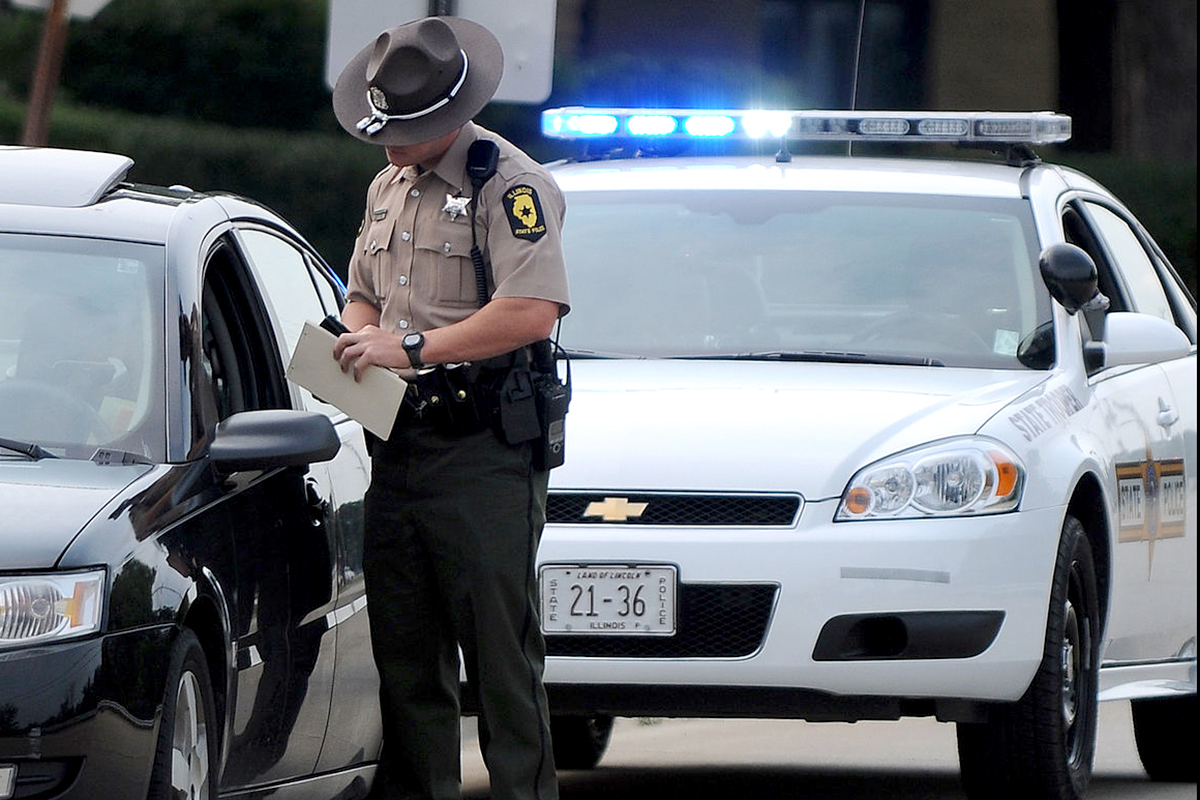
SPRINGFIELD – Senate and House Democrats announced a series of proposals aimed at helping law enforcement – including mental health support, pay increases, retention incentives, retirement assistance, day care help and other benefits.
“Every minute of every day, police men and women work to protect us. They catch criminals, break down their networks, and ensure justice is served against those who violate law and order in our neighborhoods,” said State Senator Rachelle Crowe (D-Glen Garbon). “Our brave members of law enforcement show up for us, and Illinois is continuing to show up for them by creating new grant opportunities, retaining quality officers, offering investigative resources and more.”
Lawmakers were joined Monday by Jason Devino, Secretary of Trooper’s Lodge 41, Jim Kaitschuk, Executive Director of the Illinois Sheriffs’ Association, Ed Wojcicki, Executive Director of the Illinois Association of Chiefs of Police, and the Illinois Fraternal Order of Police.
“Law enforcement is an integral part of any long-term, comprehensive plan to tackle violence,” said State Representative Dave Vella (D-Rockford) “It’s critically important that we listen to their concerns, and work to help address their challenges. These measures are part of an ongoing effort to give our law enforcement the tools and resources they need to safely and effectively do their job.”
The following bills were introduced:
House Bill 1321 (Hastings)
- House Bill 1321 would create grants through DHS related to behavioral health care services for first responders that units of local government, law enforcement agencies, fire protection districts, school districts, hospitals, and ambulance services that employ first responders may apply for.
House Bill 1568 (Martwick)
- House Bill 1568 would allow police officers, sheriffs, department of corrections officers or probation officers who are honorably retiring in good standing to purchase a badge they were issued during their time of employment.
- Further, if the person has a valid FOID card, they would be permitted to purchase the service firearm issued to them during employment.
- HB 1568 also would lower the retirement age for eligible Illinois State Police Tier 2 employees from age 60 to age 55.
House Bill 1571 (Glowiak Hilton)
- House Bill 1571 would require the Department of Human Services to establish and administer an Off-Hours Child Care Program to help first responders and other workers identify and access off-hours, night, or sleep time child care.
House Bill 3863 (Morrison)
- House Bill 3863 would create the Law Enforcement Recruitment and Retention Fund to be used by the Illinois Law Enforcement Training Standards Board to provide grants to law enforcement agencies for hiring and retention of law enforcement officers.
House Bill 3893 (Joyce)
- House Bill 3893 would extend the Jan. 1, 2023 sunset date for certain eavesdropping exemptions, permitting law enforcement to use a device to record a conversation during an investigation of qualified offenses, such as drug and sex offenses, for four years to Jan. 1, 2027.
- The measure would also extend the Illinois Street Gang and Racketeer Influenced and Corrupt Organizations Law by one year to June 11, 2023.
House Bill 4364 (Cappel)
- House Bill 4364 would allow DHS to fund grants to offer mental health and substance use prevention to people who are incarcerated and individuals in county jails or recently discharged.
House Bill 4608 (Bennett)
- House Bill 4608 would allow body camera grant funds to be used for data storage costs.
- It would also would allow officers to flag video if they believe it may have evidentiary value.
House Bill 4667 (Cunningham)
- House Bill 4667 would deem corrections officers of the Department of Corrections, as well as deputies and county correctional officers as qualified law enforcement officers, which would qualify them to be covered under the Law Enforcement Officers Safety Act
This would allow corrections officers to carry a weapon off duty. This allows corrections officers to be better positioned to take advantage of off duty work to further their career in law enforcement.













 © 2026 Illinois Senate Democratic Caucus
© 2026 Illinois Senate Democratic Caucus